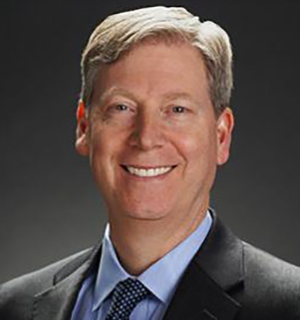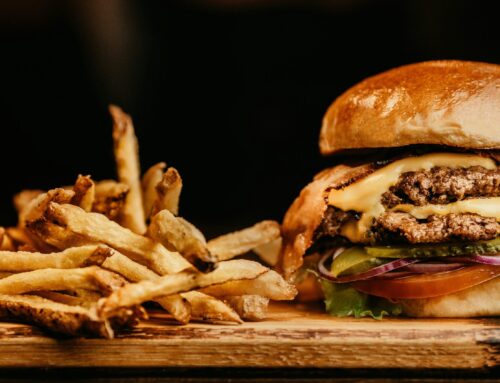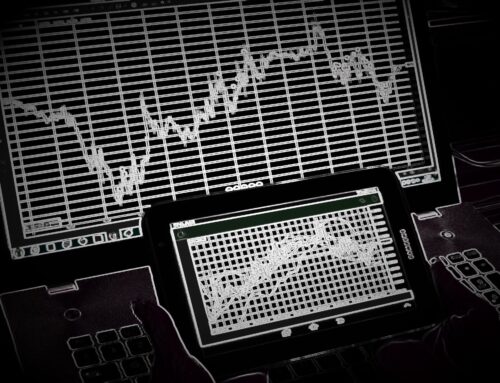Cardinal Health juggles business, supply demands in costlier environment
May 9, 2025

The company says its four other segments will be largely unaffected by the tariffs implemented to date by U.S. President Donald Trump.
“Within GMPD, we have been proactive and aggressive in implementing mitigation actions to reduce the burden on our customers as much as possible,” said CEO Jason Hollar during a conference call to discuss financial results for the third quarter fiscal year 2025. “This includes increasing U.S. manufacturing capacity in key categories such as syringes and incontinence; diversifying our supplier network away from higher risk jurisdictions; identifying and onboarding alternate sources of supply, including, in some cases, pre-stocking inventory; deploying AI in support of our tariff planning and compliance; and further reducing our internal cost structure. So far, these actions and others have helped us already mitigate several hundred million dollars of exposure.”
Cardinal Health has invested about $7 billion in the last two years in the U.S. through: recent acquisitions, including Advanced Diabetes Supply Group; expanded domestic manufacturing; and new distribution nodes, technology and automation.
Hollar said the company anticipates the impact of “the majority of that $200 million to $300 million (in tariff-related costs) to be in the form of pricing (increases).”
“We’re already kind of working through the operational aspects and getting to that remaining component,” he said. “We’ll continue to look for opportunities to minimize that as much as possible, but that is the underlying assumption. There will be some short-term type of noise that goes along with that.”
Hollar noted that about 10% of the company’s products come from China, which is currently under a 145% tariff.
“Why that 10% still exists is that it is incredibly low-cost, more commoditized types of products or some other reason that makes it more challenging to be able to resource,” he said. “That type of product cannot be resourced easily elsewhere, or we would already do that. So, there are exceptions and not every product is going to see price increases (or) the same level of price increases. And our primary focus is to find something that works for us that is not creating significant losses for the business, while ensuring that we protect, most importantly, the supply of those critical products to our customers.”
Cardinal Health is also monitoring the application and the evolving use of the Nairobi Protocol to exempt certain products from tariffs, Hollar said.
“It is something that we have used for the last couple of years, so it is not new to us, and it’s covered hundreds of different product SKUs that we have,” he said.
Search
RECENT PRESS RELEASES
Related Post



